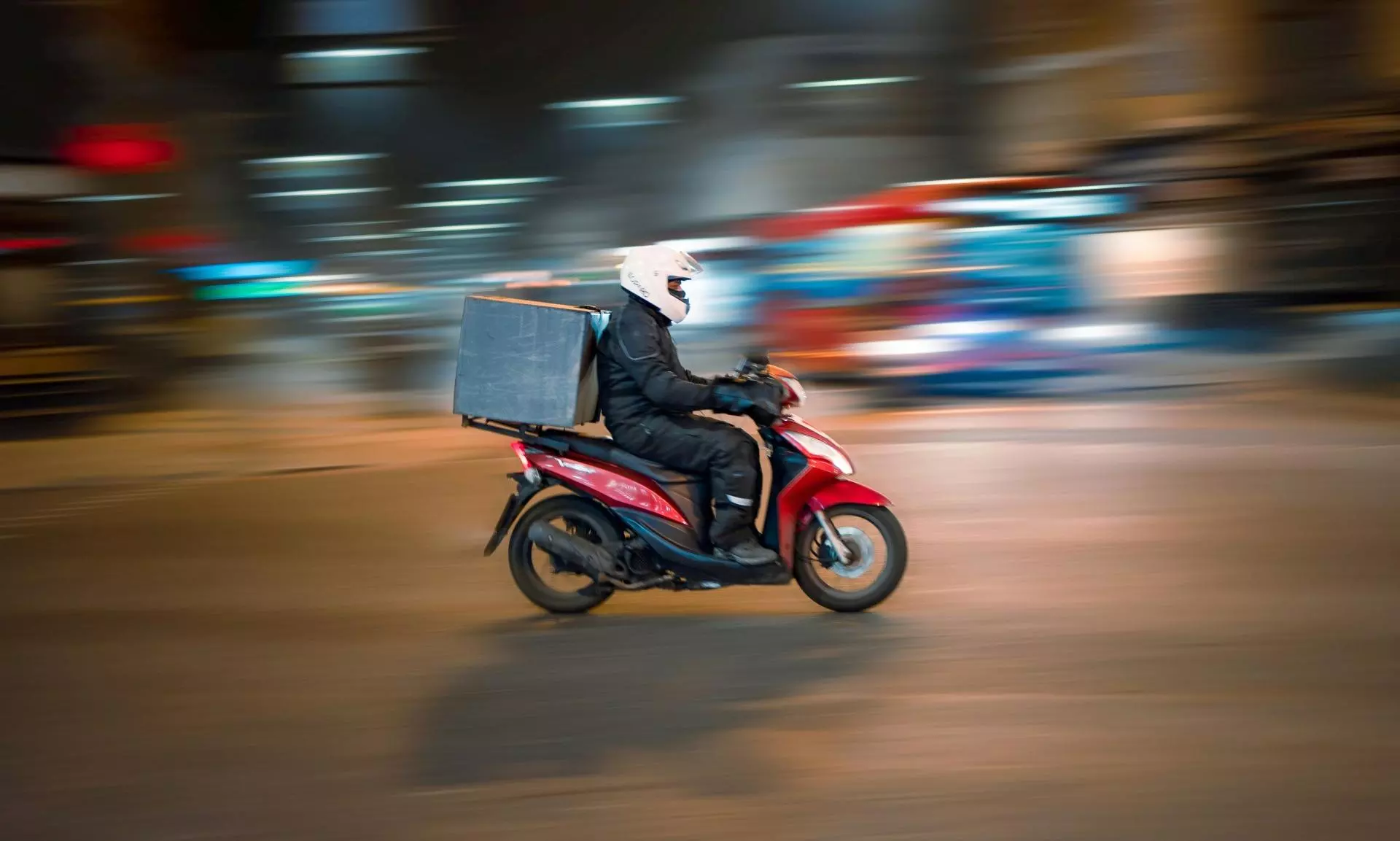Innovations shaping the final lap (last-mile) of e-commerce deliveries

The last-mile revolution in e-commerce deliveries is redesigning the logistics backdrop in India, boosted by the speedy development of online shopping and varying consumer expectations. India’s e-commerce market is anticipated to be US$ 111 billion by 2024 and US$ 200 billion by 2026. This article explores the innovations directing this alteration, from overcoming key challenges in last-mile delivery to leveraging cutting-edge technologies for well-organized and sustainable logistics results. By looking at the role of sustainable practices, and their influence on customer experience, we unearth the future trends that are set to redefine e-commerce deliveries in India.
Understanding the importance of last-mile delivery
India has acquired 125 million online customers in the past three years, with an additional 80 million estimated by 2025. After purchasers hit the "buy now" button, last-mile delivery, the concluding stretch of the delivery process, is vital as it directly affects customer satisfaction and loyalty.
With the swift progress of e-commerce in India, last-mile delivery has turned out to be a center for innovation. Businesses are repetitively looking for new ways to formulate a delivery process that is efficient and convenient for customers.
However, with the rise of innovative patterns comes a pool of challenges. Here are the Key Challenges in Last-Mile Delivery in India -
Traffic congestion and infrastructure limitations
Steering through India's busy streets and dealing with set-up challenges can make last-mile delivery a logistical trauma. Becoming aware of ways to tackle traffic bottlenecks and enhance infrastructure is vital for smooth deliveries.
Addressing security concerns in last-mile deliveries
Guaranteeing the safety and security of packages throughout the last-mile journey is the highest priority for e-commerce corporations. From avoiding theft to shielding the integrity of goods, tackling security concerns is key to building trust with customers.
Technological innovations transforming last-mile logistics
AI and Machine Learning for route optimization
Artificial intelligence and machine learning are modernizing last-mile logistics by improving delivery channels. Further, by examining data and guessing traffic blueprints, companies can restructure supplies and decrease delivery times.
Use of drones and autonomous vehicles in delivery
The prospect of last-mile delivery in India might just include drones humming through the skies and independent vehicles crossing the streets. These innovative technologies have the ability to make deliveries faster, efficient, and ecologically friendly.
Expansion of same-day and instant delivery options
With anxiety becoming the norm, e-commerce giants are gearing up to recommend lightning-fast delivery options. Market data forecast predicts that the same-day delivery market in India is set to reach a staggering $10.12 billion by 2028. From same-day deliveries to prompt gratification services, the future of the last-mile revolution in India is all about encountering customers at their need-for-speed pace. According to Conveyco, 41 % of consumers in India are willing to pay an extra charge for same-day delivery. Moreover, nearly a quarter of shoppers, about 24 % are willing to pay even more to receive their packages within a one-to-two-hour window of their choosing.
Implementing green delivery practices
In the domain of last-mile delivery, going green is the new black. From using biodegradable wrapping to enhancing delivery routes, e-commerce firms are making strides in diminishing their carbon footprint. In a country as massive as India, every move towards sustainability counts.
Further, in a biosphere where pollution levels are rising, embracing electric vehicles for distribution is not just a fashion—it's a need. With their zero-emission assurance, electric vehicles are appropriate for eco-friendly last-mile deliveries in India.
Future trends in last-mile revolution for e-commerce in India
Indian e-commerce is expected to grow at a compound annual growth rate (CAGR) of 27% to reach US $163 billion by 2026. Thus, visualize a world where consumers can preview how the latest procurement will look in the living room before its arrival. The amalgamation of augmented reality into delivery services could potentially bring about this futuristic concept to life.
In conclusion, the continuing last-mile revolution in e-commerce deliveries indicates a momentous shift towards streamlined, customer-centric, and sustainable logistics practices in India. As innovations persist to evolve and shape the future of last-mile delivery, businesses and consumers alike stand to benefit from enhanced efficiency, reliability, and environmental responsibility. Embracing these advancements promises a future where e-commerce deliveries are not just a service but an experience that exceeds expectations and sets new standards for the industry.
The views and opinions expressed in this article are those of the author and do not necessarily reflect the views of Indian Transport & Logistics News.



